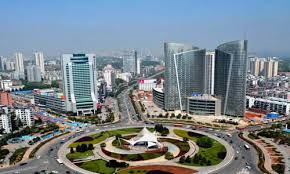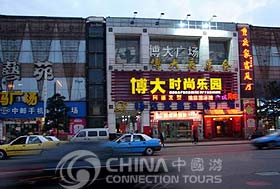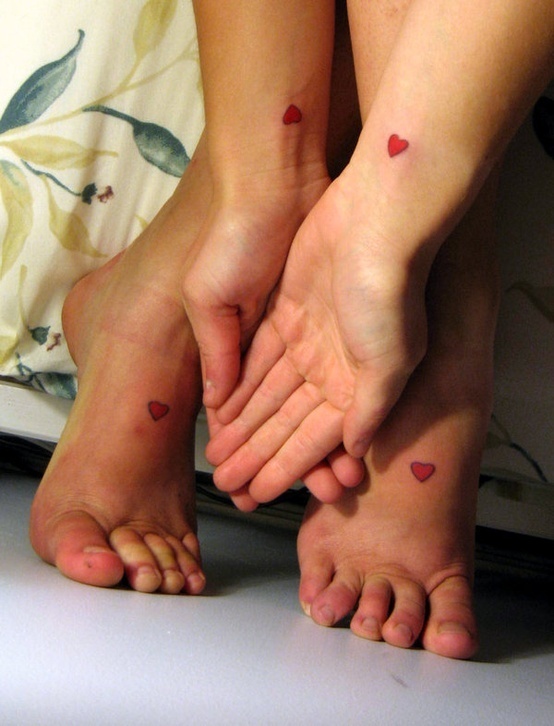aNewDomain — Wuhan, 2012.
 I was alone. Surrounded by people, millions of people, but totally alone.
I was alone. Surrounded by people, millions of people, but totally alone.
I was the only Westerner around, maybe for miles.
Wuhan is deep in the interior of China. Foreigners go there in small numbers, not like we swarm the coast. For a people-watcher, it’s a great opportunity. My habit is to walk around new places, new cities: pace out their length and breadth, pace out their depth, history, flavor, character, timeliness.
Pace out their people. More than anything, that.
It was night. There was a nightclub about a mile from the hotel, and that’s where I stood: outside the doors. Inside, I could hear music.
Outside, I could see young people, hundreds of young men and women. Dressed in all manners. Nobody smiling, all intent upon whatever goals they held.
I wanted to go inside. I needed to. I wanted to take part, sit with people, drink with them. I wanted to watch them.

But I couldn’t.
My feet were nailed to the pavement. I could not take one more step towards the door.
Life went on inside, without me.
I know what the nails were — what they are. They are the nails of autism.
Sometimes we autistics have what I call consolation prizes.
I used to always know the time, for instance. I had a deep sense of rhythm (but no ability to dance) and I naturally understood relativity. Read Chinese philosophy at 11. I was delighted to rediscover Zhuangzi at 38.
I taught myself to read by 5 or 6, and was into science encyclopedias and historical ones by about that time. I destroy IQ tests, and I really never had to study even through graduate school – except when the subject bored me. I passed the licensing test first time, no problem. These are the consolation prizes of my autism.
People wish they could do such things. At least, the part about sucking up knowledge just by being around it. Sometimes, they even say they would trade what they have for what I have.
Which makes me think of this:
I’d make that trade in a heartbeat. What I have is just an autism consolation prize, a weak attempt by some universal power to compensate me for my basic inability to participate in human life.
Autism renders me unable to see things from the perspective people enjoy. To relate, be with, touch.
I’m stuck on the outside with my feet nailed to the floor, able to walk away but never any closer towards, never ever into.
Some things I can see with exceptional clarity. Time. Rhythm. Connections between things you can’t see as connected. But I had to learn empathy, and now I can see what you feel with the clarity with which I could once see abstractions of objects gaining mass as they accelerated towards light speed.
That’s no gift.
Autism’s no gift because I can’t do anything to help you. I can’t really console you, be of service, help, or share in your loads. I can’t get cleanly into the intersubjective space: that place between us where we’re one being.
Autism’s no gift because you lack the same interest in me and understanding for me. I am perpetually misunderstood.
And it’s no gift because my feet are still nailed to the damned floor.
All I have is a better understanding of the hopelessness of living and being, of the inevitability of suffering — yours and mine. I have a better view of the dance to which I will never be invited and whose steps I can never really know.

I can’t speak for all autistic people or even for all savants.
I’m not even a savant anymore. The more I integrate with humans, the less I can do the strange and unnecessary things I used to.
You might want to trade places with me, but I wouldn’t let you take the trade. I’ll bear what I have, and you are stuck bearing what you have.
I wouldn’t wish this on you, none of it.
Go on, go in now. Go into the nightclub with your people. I’ll stay out here. There are worse things than being a perpetual outsider.
When I think of them, I’ll let you know.
For aNewDomain, I’m Jason Dias.
Image one: Cedpro.org, All Rights Reserved; image two: China-tour.cn, All Rights Reserved; image three: pinterest.com, All Rights Reserved.












